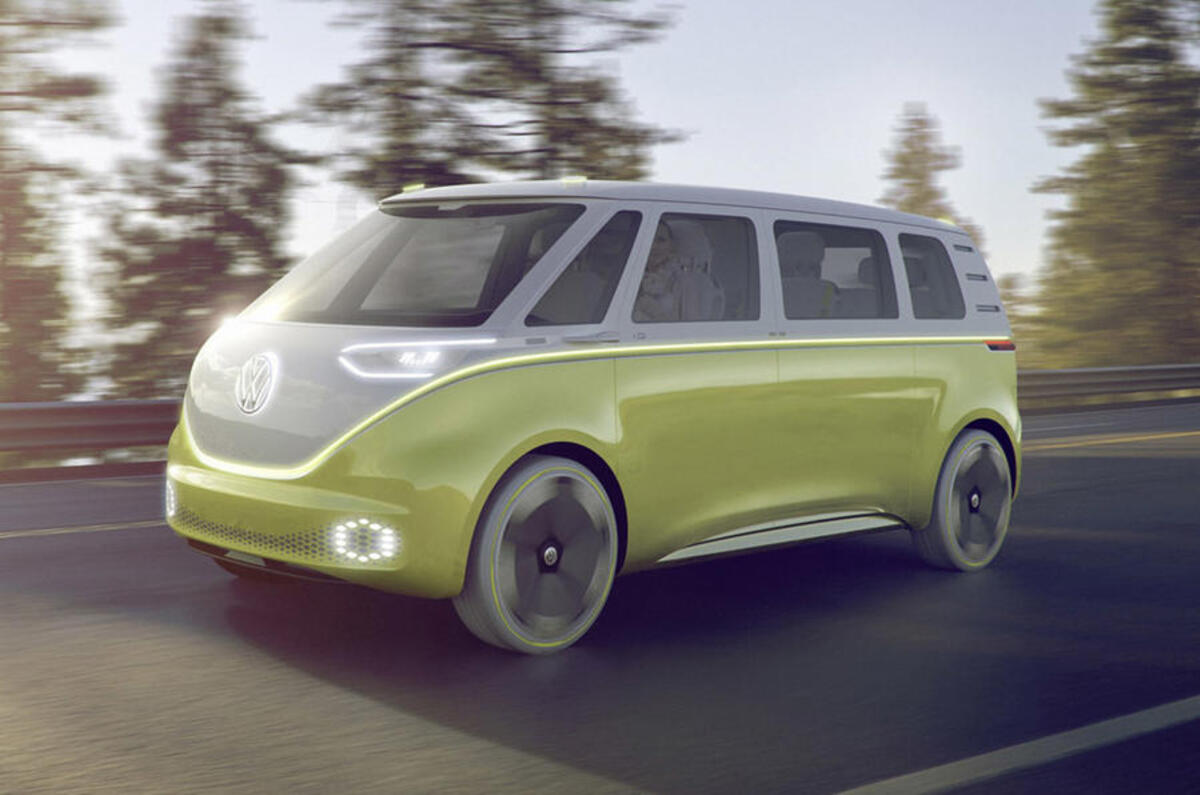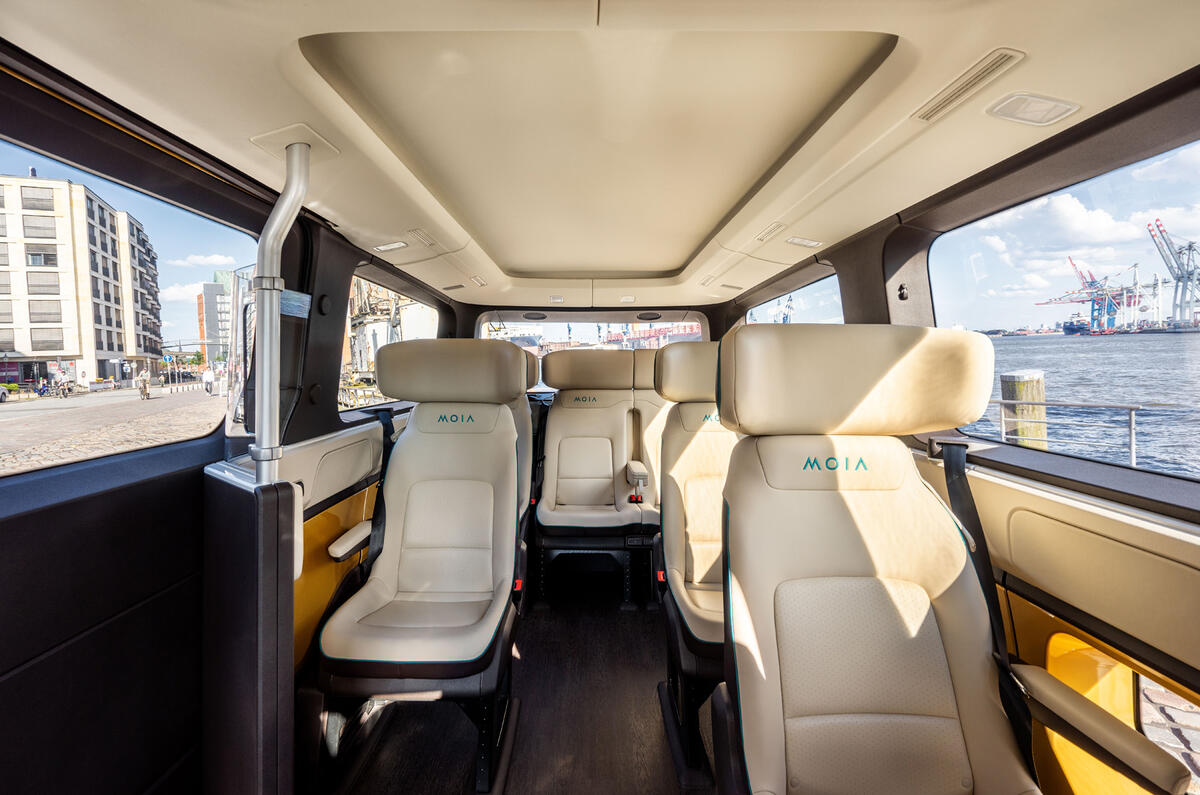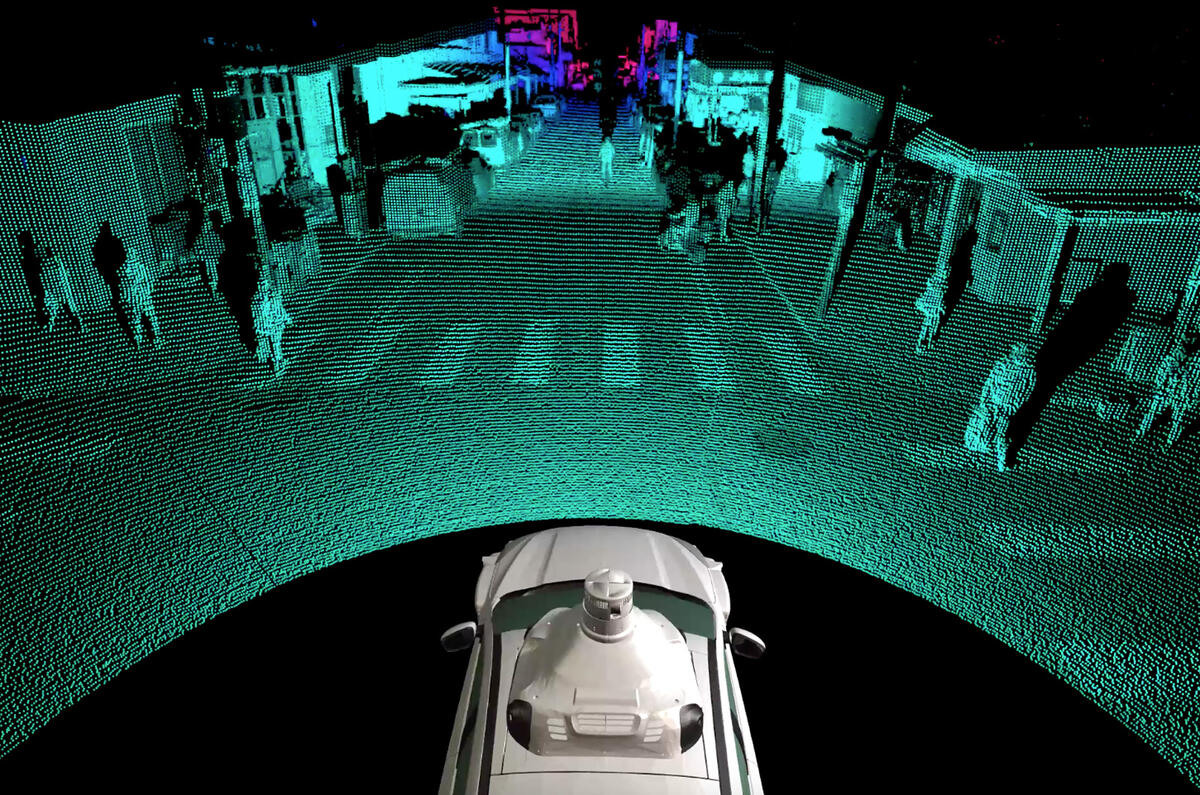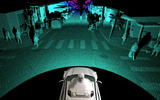Following the Volkswagen Group’s recent announcement that it and Ford had completed a £2.1n investment in autonomous tech firm Argo AI, the first-self driving prototypes of the ID Buzz, featuring Argo’s lidar technology, are set to hit the streets of Munich.
Argo AI's self-driving system is said to have the potential to be scaled rapidly and extensively for commercial use, making it particularly attractive for Volkswagen, which is planning to launch the ID Buzz as its first Level 4 autonomy-capable vehicle.
The system, now in its fifth generation, uses a combination of lidar sensors, radar and cameras to detect objects that are up to 400 metres away (crucial for higher speed driving) down to the smallest particles of light (which is key to sensing objects with low reflectivity).
Bryan Salesky, founder and CEO of Argo AI, explained: “The three sensors complement each other, and [with them] combined, we're able to come up with a rich picture of all of the relevant objects around the car to help our algorithms make safe decisions”.
The results of these trials will be used to develop a Level 4-capable self-driving system that's specifically designed for “ride-sharing and goods delivery services in dense urban areas”.
It's rumoured that the passenger version of the ID Buzz is set to receive a more basic Level 3 autonomous driving system when it goes on sale in 2022, but the use case for more expensive and advanced tech is said to be easier to justify for commercial vehicles.
There are already concrete plans for the commercial use of this future technology, with Volkswagen Group subsidiary Moia confirming that it will be the first company to make use of the self-driving ID Buzz as part of its ride-pooling service in 2025.
Unlike the Level 3 system apparently destined for the passenger version of the ID Buzz, Argo’s Level 4 system doesn’t require a driver or even a steering wheel (although for the first few years of operation, these ride-pooling vehicles will be monitored remotely).
As Christian Senger, head of transportation as a service at Volkswagen Commercial Vehicles, explained: “Our aim with the self-driving version of the ID Buzz is to facilitate commercial deployment of transport and delivery services starting in 2025. It is ambitious, but we're working towards developing a digital driver that's even safer than the human driver.”
Hamburg will be the first city to offer this autonomous ride-pooling service with the ID Buzz, but Volkswagen has confirmed that “customers will be able to have a self-driving vehicle take them to their destination” in a number of cities.










Join the debate
Add your comment
I don't get it. Isn't the Buzz supposed to be a lifestyle plaything for wannabe surfers?
Not a dreary commercial van.
Press seem pre occupied with these self crashing systems, certainly more so than the consumer. Call me back when one can cross london then park, all without crashing.
I can see the use for AI, but only in certain situations,but, there always this nagging doubt that the system one day will miss a potential accident that a human wouldn't.